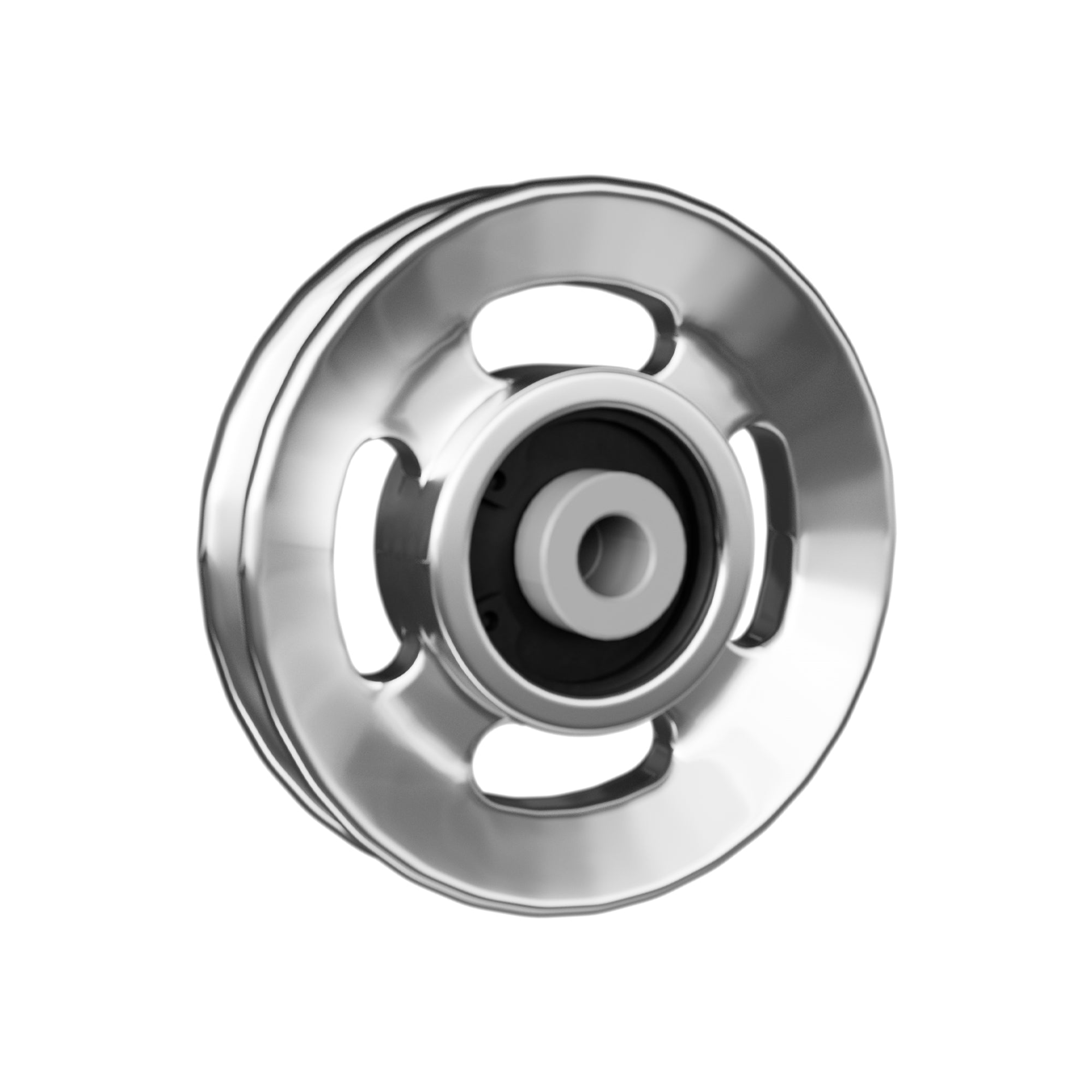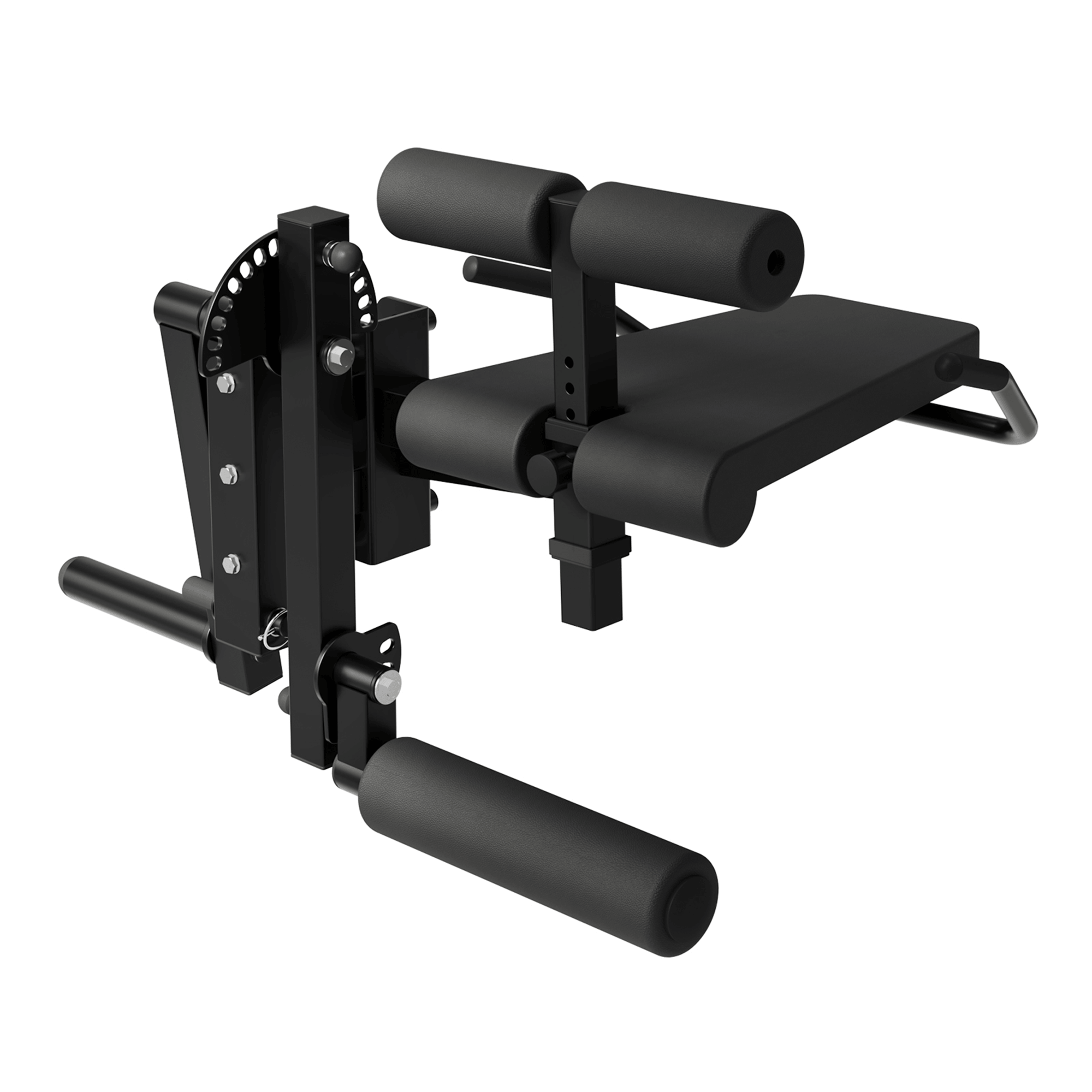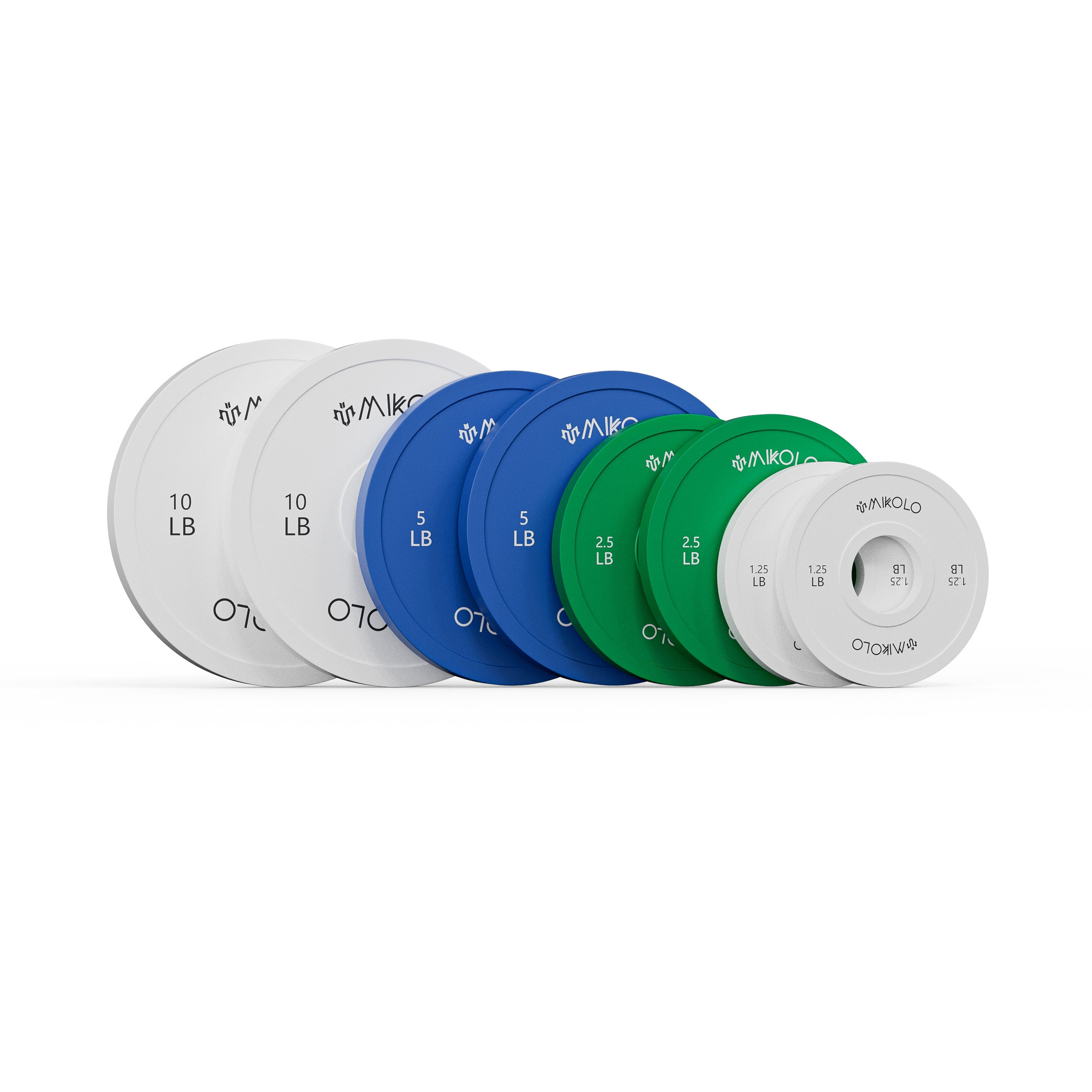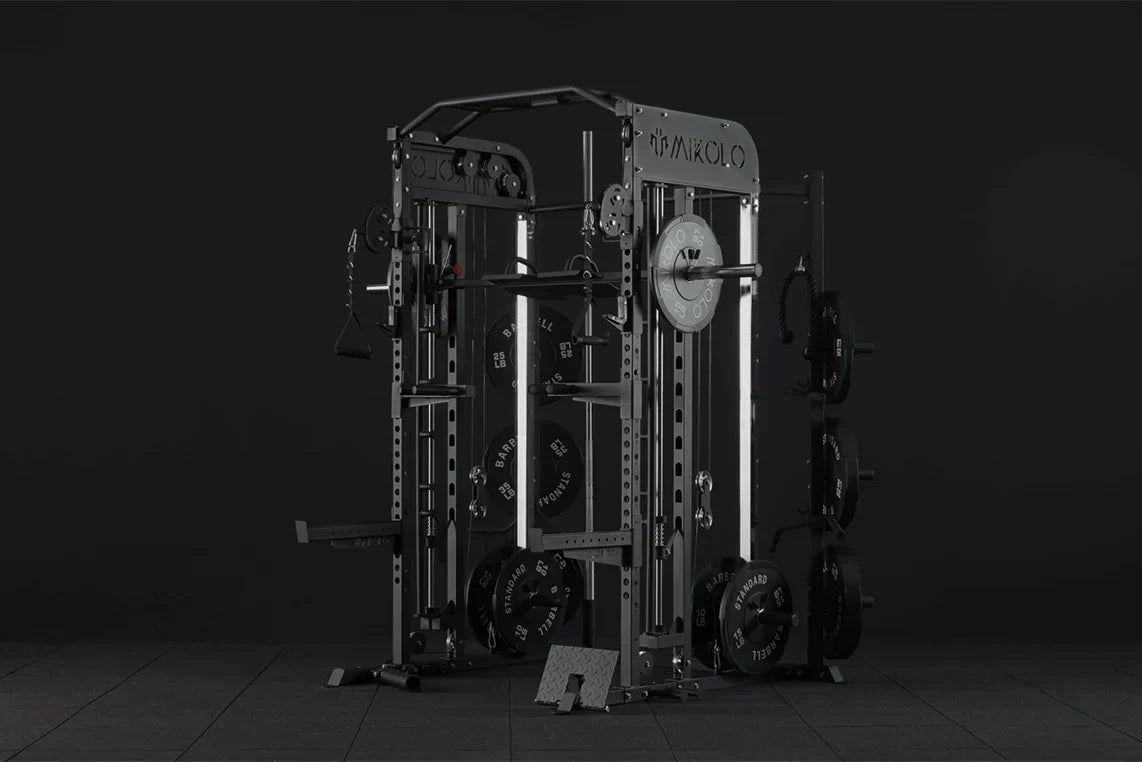When it comes to strength training for beginners, few programs have stood the test of time like Starting Strength. Developed by Mark Rippetoe, this barbell-based system has become a staple in gyms and home training spaces alike. Its simplicity, progression model, and emphasis on foundational lifts make it one of the most recommended routines for those looking to build real, measurable strength.
What Is Starting Strength?
Starting Strength is a barbell training program rooted in fundamental movements: the squat, deadlift, press, bench press, and power clean. It’s often referred to as the Starting Strength Method and is designed to help novices rapidly gain strength through progressive overload and proper technique.
Unlike overly complex training plans or split routines that isolate muscle groups, this program focuses on compound lifts, which train multiple muscle groups simultaneously. That’s part of what makes it so effective, especially in the initial stages of a lifter’s journey.
The Core of the Starting Strength Program
At its heart, the Starting Strength routine includes:
-
Squat
-
Overhead Press
-
Deadlift
-
Bench Press
-
Power Clean (or Barbell Row as a substitute for some beginners)
These exercises are spread across two alternating workouts:
Workout A
-
Squat
-
Bench Press
-
Deadlift
Workout B
-
Squat
-
Overhead Press
-
Power Clean
This alternating structure is performed three times a week, with rest days in between, typically following a Monday/Wednesday/Friday schedule.
Key Principles Behind the Plan
-
Progressive Overload: Every workout, you aim to add weight to each lift. Even small jumps, like 2.5 kg, accumulate rapidly.
-
Linear Progression: Beginners are in a unique phase where strength gains come quickly. The program leverages this by pushing steady, linear increases.
-
Full-Body Training: Every session hits major muscle groups, improving not just strength but coordination and mobility.
Why Beginners Thrive on Starting Strength
This program has often been called the Starting Strength Novice Program, and for good reason. It’s designed for those who may have little to no lifting experience but are ready to develop muscle and confidence under the barbell.
Some of the key benefits:
-
Builds a foundation of raw strength
-
Teaches proper technique from day one
-
Provides structure without being overwhelming
-
Encourages measurable results within weeks
Testimonials from lifters around the world highlight consistent muscle gain, improved posture, and greater overall energy after just a few months.
The Book That Started It All
Starting Strength: Basic Barbell Training by Mark Rippetoe is the cornerstone text of the program. First published in 2005, it's now in its third edition and considered a must-read for anyone serious about barbell training. The book explains not just the what, but the why—detailing biomechanics, programming, and technique in depth.
For those interested in diving deeper into Rippetoe’s philosophy, books by Mark Rippetoe such as Practical Programming for Strength Training offer advanced insights into training beyond the novice phase.
Frequently Asked Questions
Is Starting Strength good for muscle gain?
Yes. While the focus is strength, most beginners gain significant muscle mass as a byproduct of consistent, heavy compound lifting.
What is the progression like?
You start light, focus on form, and add weight each session. This is known as deadlift progression or linear progression, and it's incredibly effective in the novice stage.
What happens after the novice phase?
Once progress slows, many lifters transition to intermediate programs. Resources like the Starting Strength Template and Rippetoe’s other programming materials provide guidance on what to do after the initial phase.
Can Starting Strength be done with dumbbells?
The program is built around barbell training. While dumbbells can be used in a pinch, they lack the progression scalability of a barbell.
What if I stall?
Stalling is normal and part of training. The program includes strategies like resetting to a lighter weight and working back up with perfect form.
Final Thoughts
The Starting Strength program isn’t just a workout plan—it’s a structured path toward lifelong strength. Whether you're looking to lift for health, performance, or aesthetics, this routine sets the groundwork with proven methods and a clear focus on results.
For anyone starting their journey with iron, Rippetoe’s framework offers a direct, no-nonsense blueprint. If you commit to the barbell, the barbell will change you—one rep at a time.













































Leave a comment
This site is protected by hCaptcha and the hCaptcha Privacy Policy and Terms of Service apply.